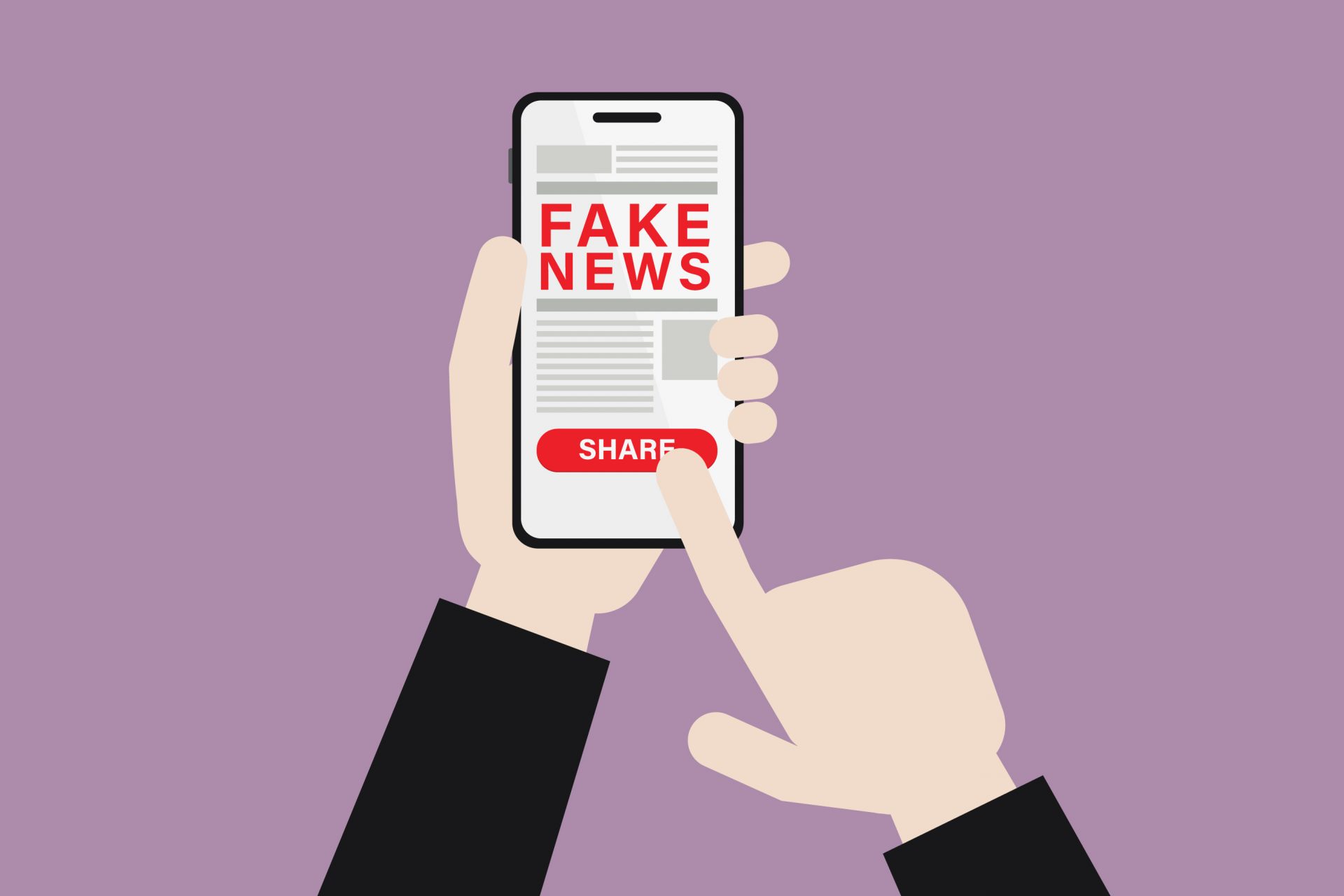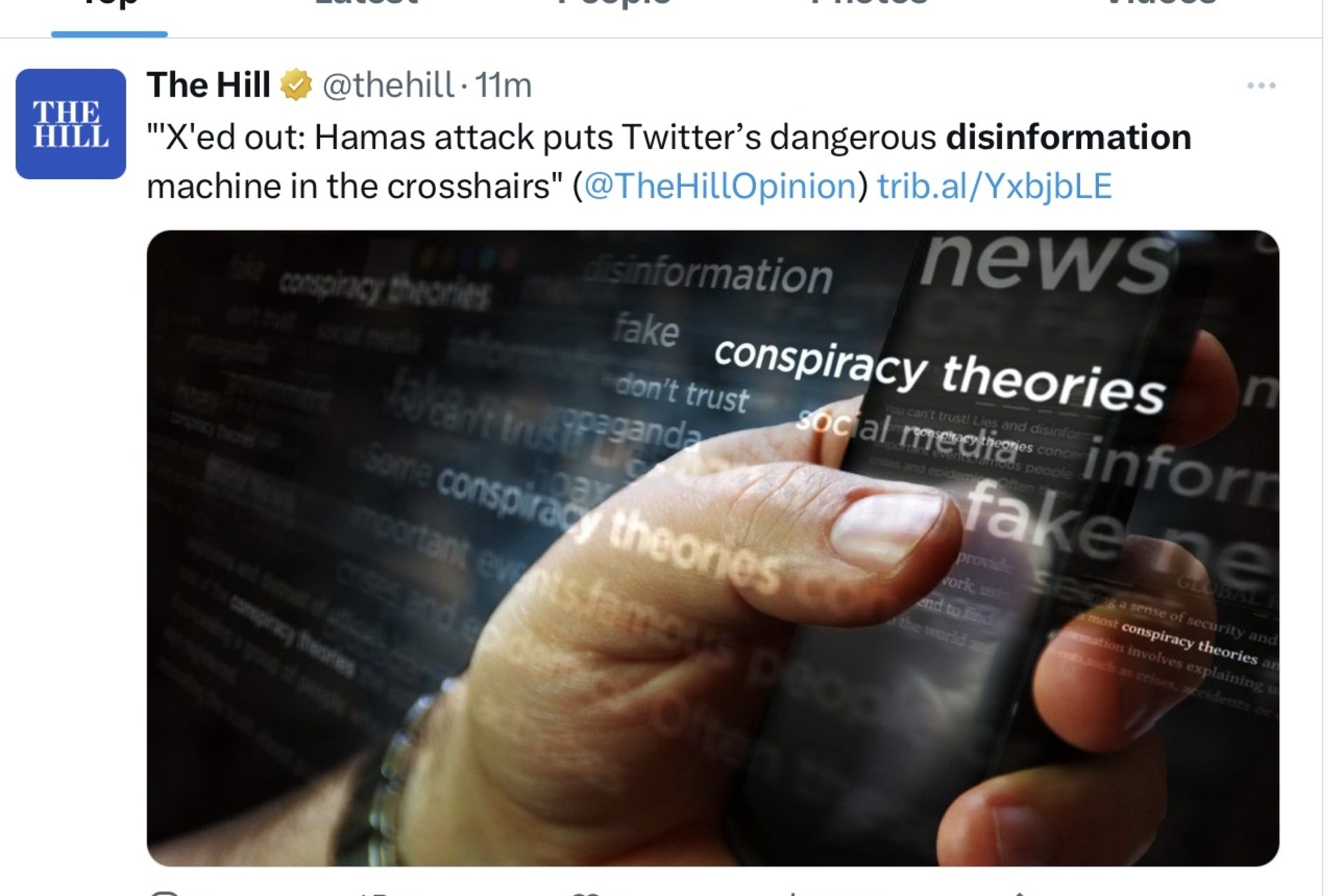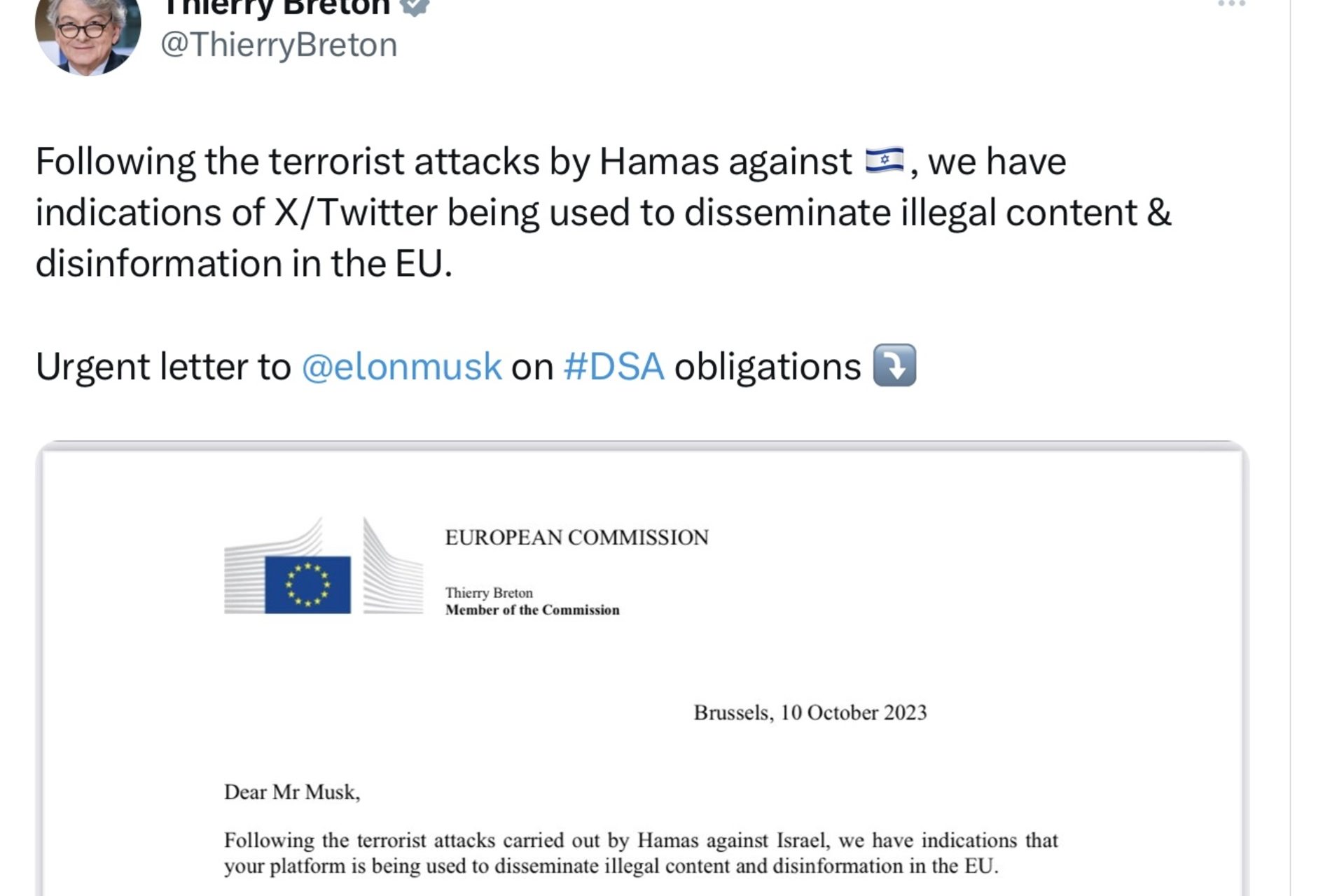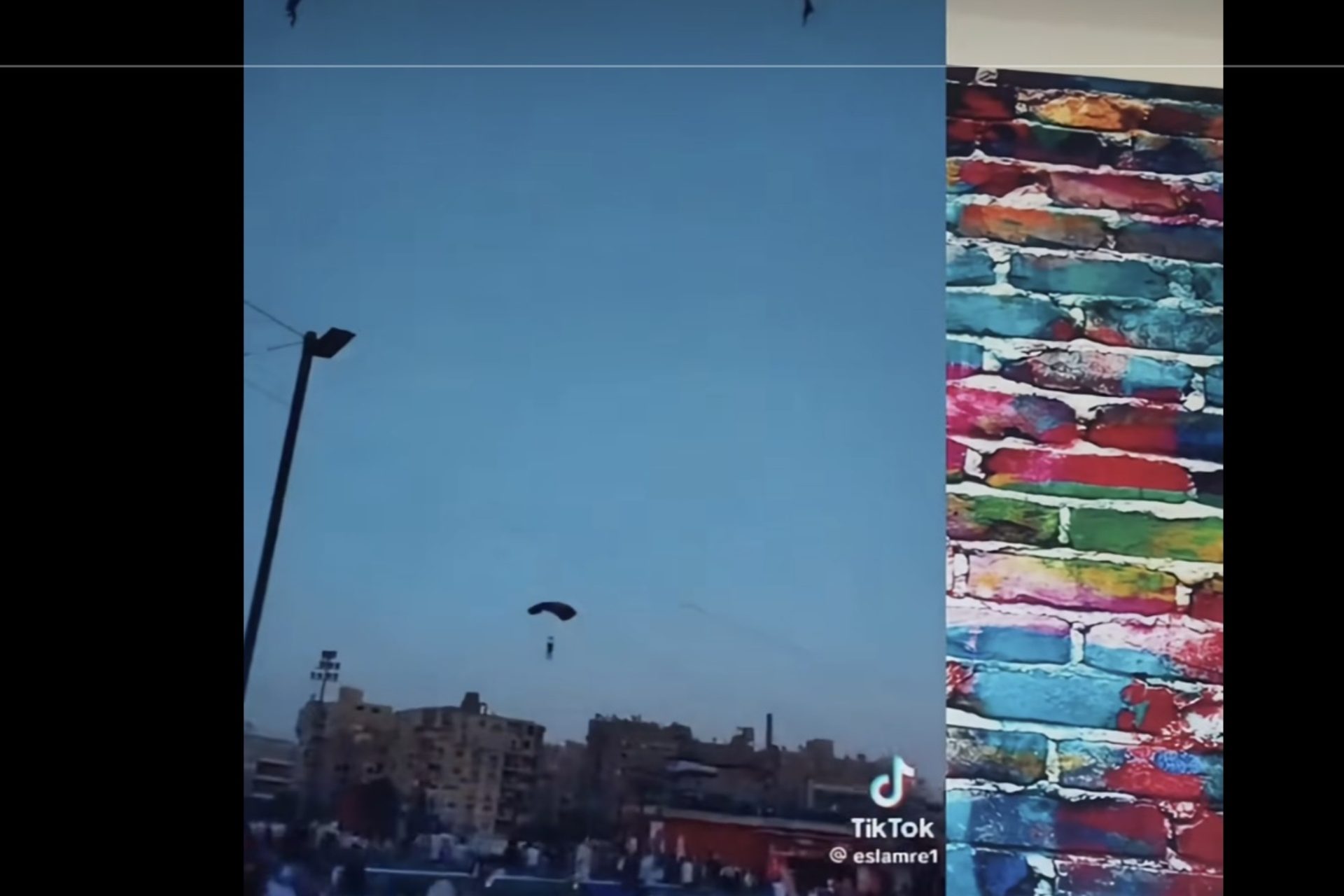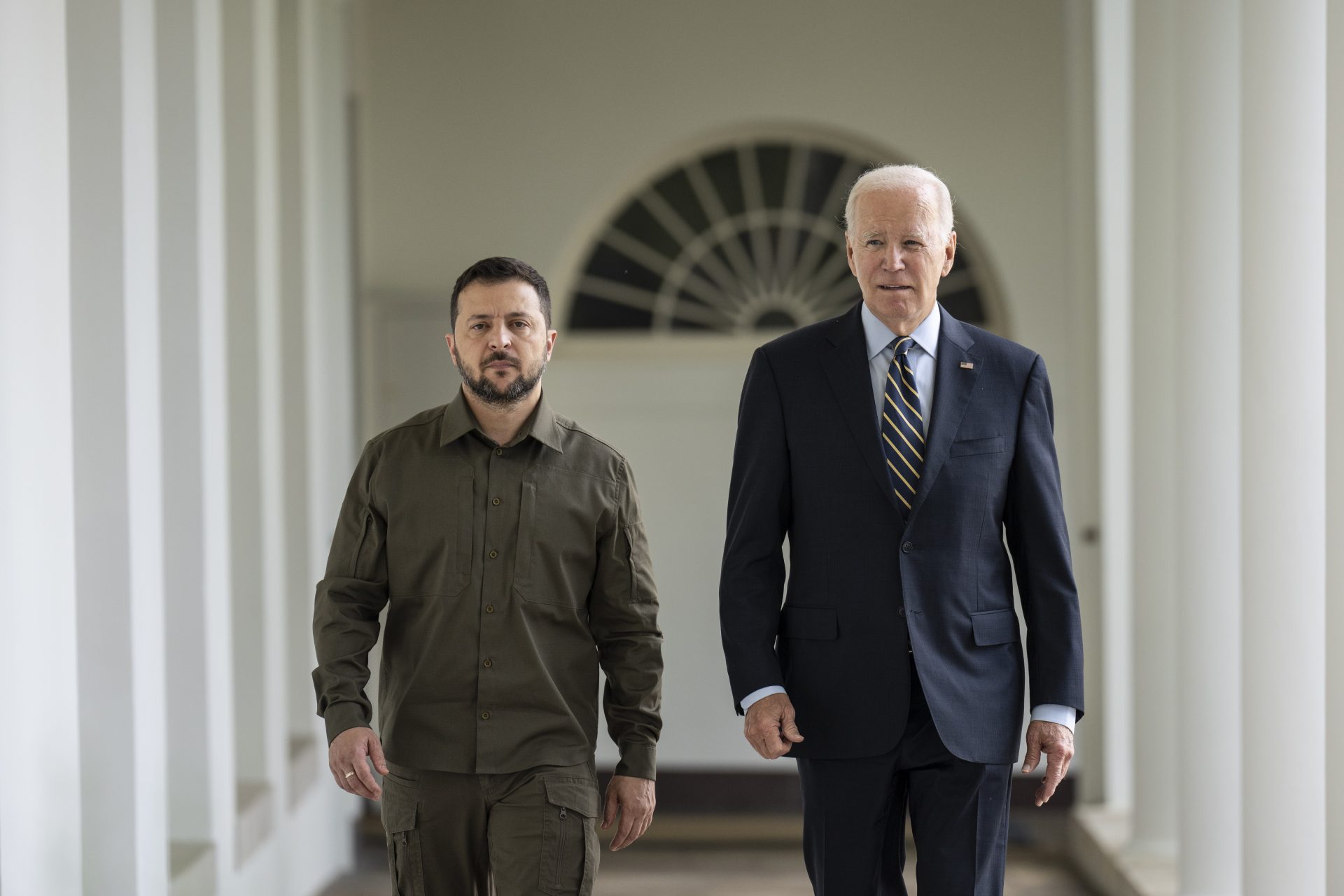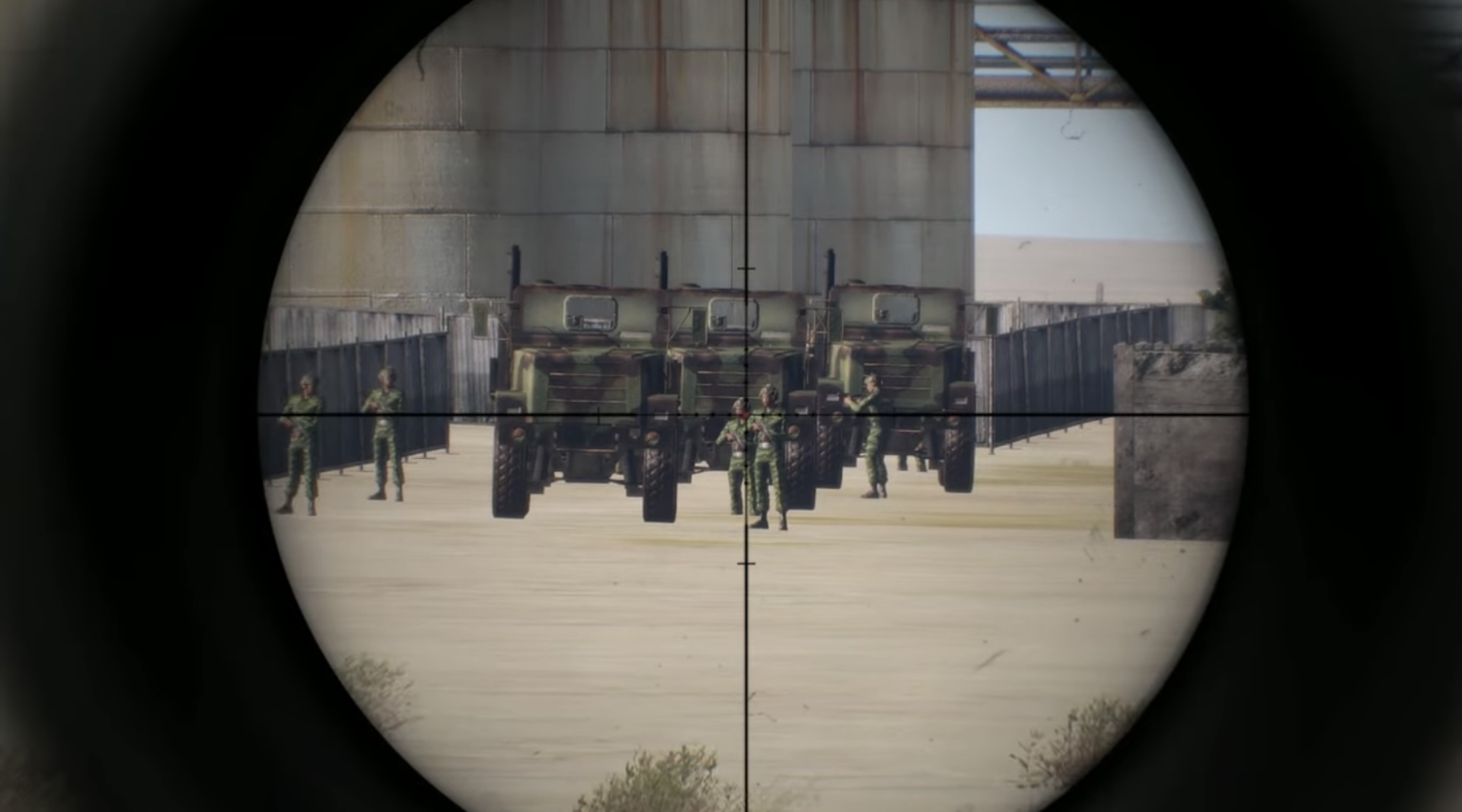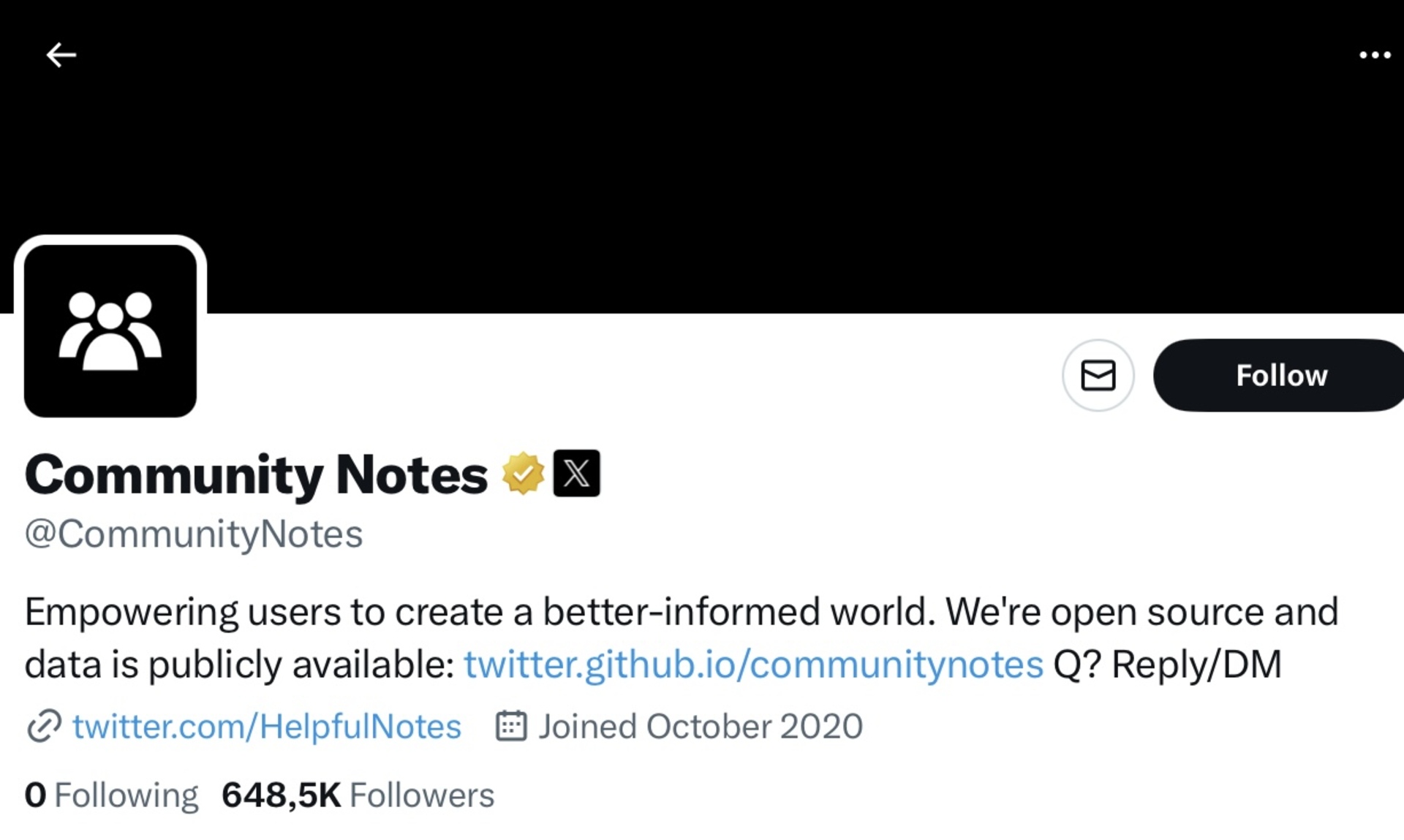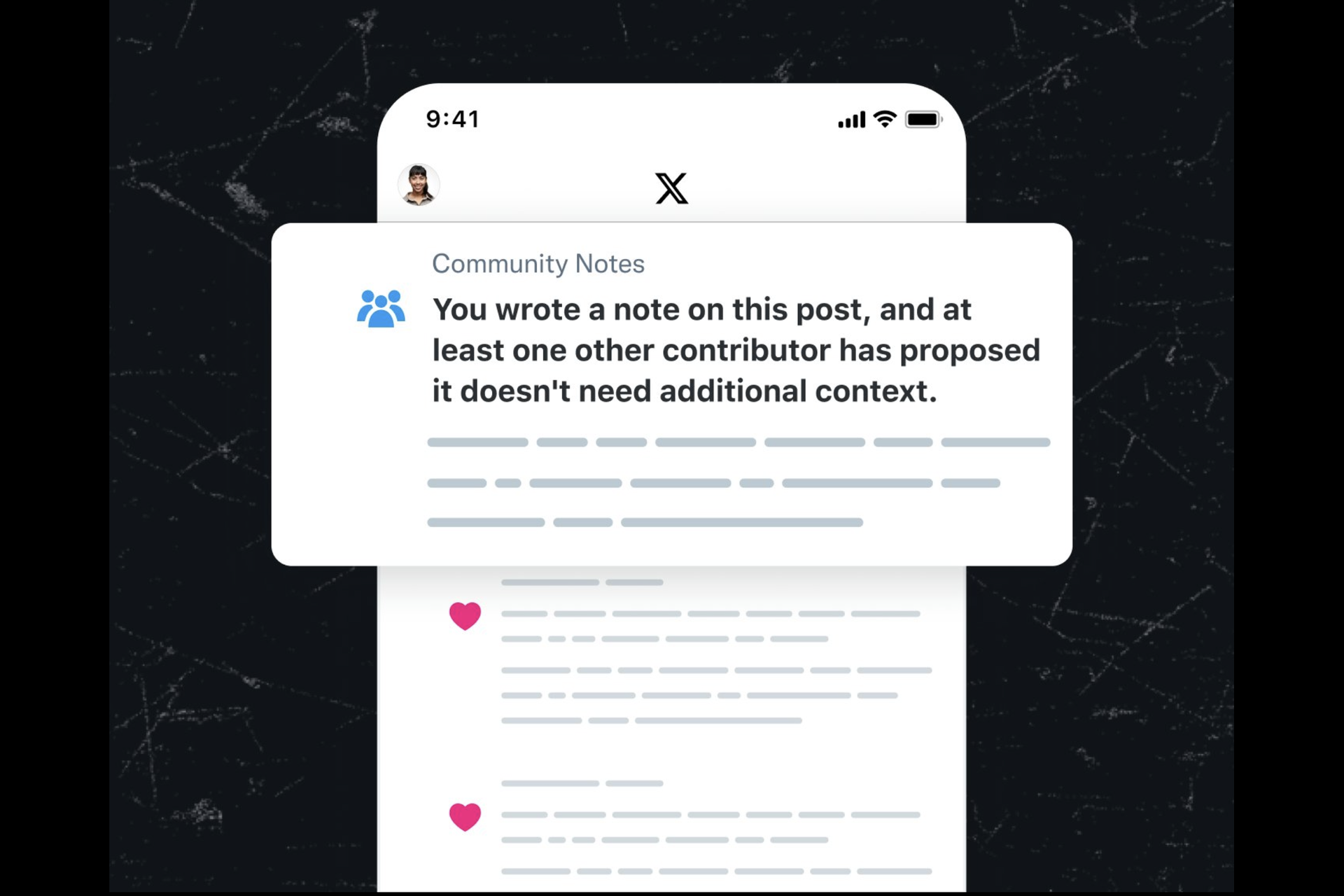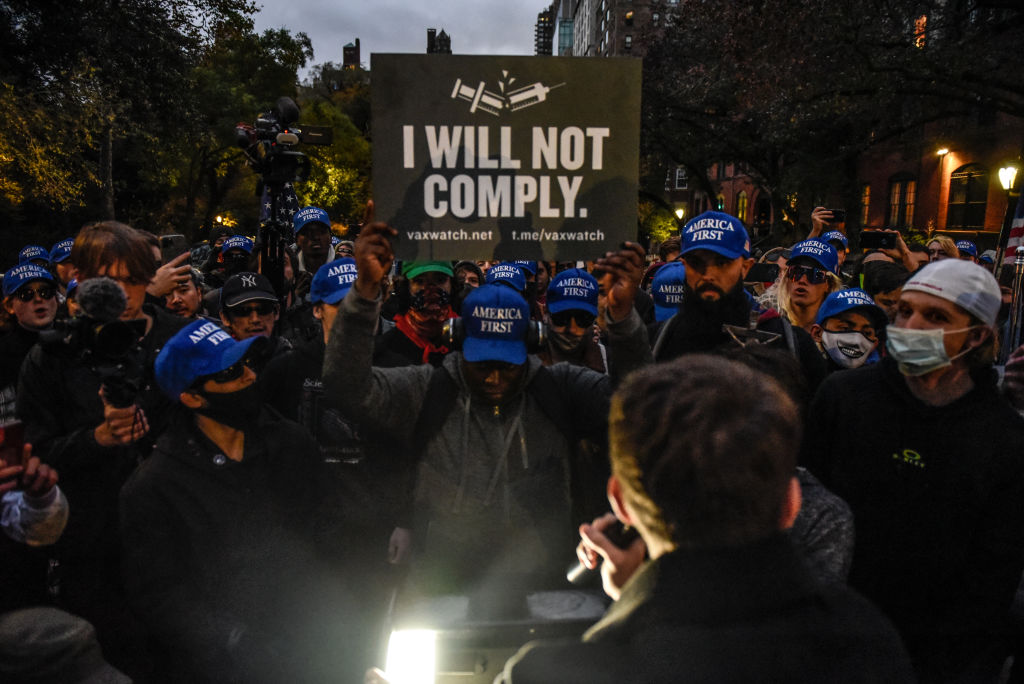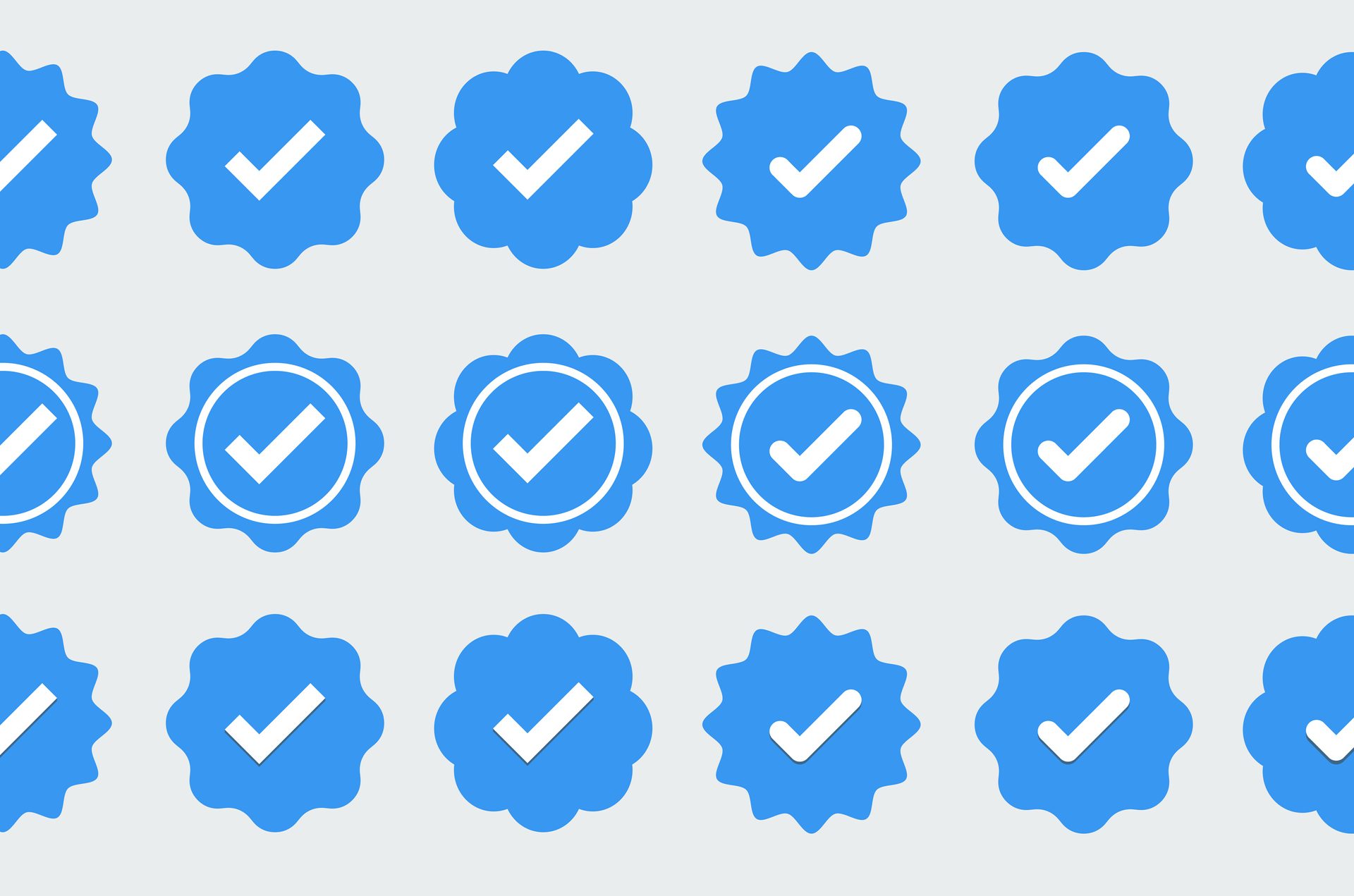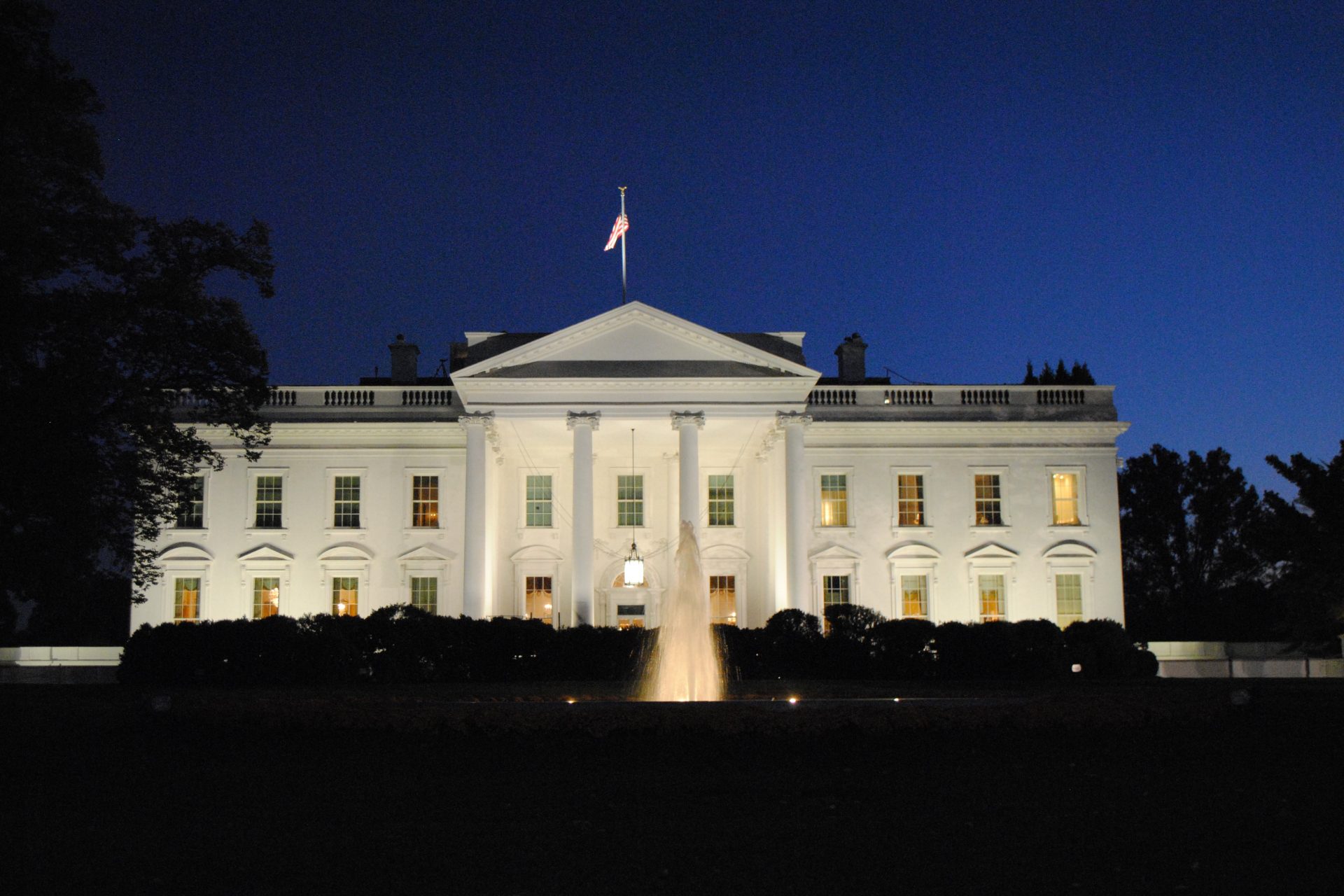Fake news flooding social media
According to several fact-checking researchers, since Israel formally declared war against the Palestinian armed group Hamas, social media has been flooded with fake videos and images about the conflict.
Disinformation is worse on X (formerly twitter)
Disinformation, which is defined by the Cambridge Dictionary as the spread of false information in order to deceive people, has been circulating on Facebook, Instagram, TikTok and Threads, but it’s been particularly bad in Elon Musk’s X (formerly Twitter), analysts say.
Photo: X
A warning from the EU to Musk
In fact, the European Union warned Musk about not taking down "fake and manipulated images and facts" through a letter published on the platform by the Commissioner for the Internal Market of the European Union, Thierry Breton.
Photo: X @ThierryBreton
False content spread on X
Though Breton did not give details in the letter to the misinformation they were referring to, researchers have pointed to some of the fabrications and false claims that have been spread on X, as well as other social media platforms. These are some of them:
A video with false claims
AP reported that on TikTok, a video claims to show Hamas fighters parachuting onto a sports field before attacking Israeli citizens.
Photo: TikTok
Parachutes descending onto a sports field
The clip shows people strapped to multi-colored parachutes descending onto a crowded sports field complex filled with children and families and says that “Hamas paraglided amongst Israeli citizens and proceeded to massacre them”.
Photo: Lesly Quezada/Unsplash
The video corresponds to a soccer match in Egypt
However, according to AP news, the footage that has more than 38,000 views has been online since at least Sept. 27, and it is actually a video of a soccer match in Egypt.
Photo: David Clarke/Unsplash
Videos of Putin with fake English captions
Two videos circulating on TikTok show Russian President Vladimir Putin warning the U.S. to “stay away” from the latest Gaza war, according to the English captions.
Photo: TikTok
They’re actually about the Russia-Ukraine war
However, according to AP, they’re months-old clips of Putin speaking about the Russia-Ukraine war, not the conflict in the Middle East, which have been miscaptioned in English.
A fake White House memo
A supposed White House memo, widely shared on X, suggested that Biden signed an order to send $8
billion in Military Aid to Israel.
An altered version of a real memo
However, the memo is fake, Sean Savett, a White House spokesperson, confirmed, and the memo is actually a doctored version of an order Biden issued providing war assistance to Ukraine this summer, according to AP.
A missile scene that is actually a video game
Another fake viral clip posted on X shows a soldier firing a missile at an airplane with the caption “More power to you Hamas.” However, several experts have identified it as a clip from a video game called Arma3.
Photo: YouTube /Sniper Squad 2
Images of fireworks presented as missile strikes
Other images, presented on X as Israeli strikes on Hamas, are actually images of firework celebrations in Algeria, according to Wired magazine.
Photo: Yiran Yang/Unsplash
A video of supposed killing of citizens by Hamas
Ian Miles Cheong, a far-right commentator whom Musk interacts with often, posted a video that he claimed showed Palestinian fighters killing Israeli citizens, Al Jazeera reported.
The people in the clip were actually Israeli law enforcement
But a Community Note, an X feature that lets users add context to posts, stated that the people in the clip were members of Israeli law enforcement, not Hamas. However, the video is still up.
Community Notes: the fact-checking tool in X
Many experts and politicians, however, have critized Community Notes, as it is ultimately up to Twitter users to fact-check, rather than actual researchers who got fired by Musk when he took over the company, according to CNN.
How does Community Notes work?
Twitter users who have registered as contributors write propositions for notes that are then submitted to other contributors. Those that get enough votes as being helpful may then be selected by an algorithm to be posted publicly.
Do Community Notes really combat disinformation?
According to X, people are on average 30% less susceptible to agree to the contents of a post after having read accompanying community posts, and they are also less likely to repost it to their followers.
Flaw in the algorithm: ideological divides
However, Alex Mahadevan, director for the Poytner Institute's MediaWise initiative, noted that the flaw in the algorithm is that for posts to be published they need to obtain a consensus across ideological divides, he told AFP.
Polarized societies
"Maybe that would have worked four years ago, but it doesn’t anymore because 100 people on the left and 100 people on the right are not going to agree that vaccines are effective," he exemplified.
Anyone can buy a verified account on X
Another problem experts point at are the platform’s blue check marks. Before Musk took over the company, they were a sign that people or organizations were who they say they were, but now, anyone can buy a verified account.
Social media: a bad place to access reliable information
“The flood of grifters spreading lies and hate about the Israel-Gaza crisis in recent days, combined with algorithms that aggressively promote extreme and disturbing content, is exactly why social media has become such a bad place to access reliable information,” Imran Ahmed, CEO of the Center for Countering Digital Hate, told Al Jazeera.
Tech companies: complicit in the spread of propaganda?
“Tech companies have proven themselves uninterested, if not utterly complicit, in the spread of dangerous propaganda,” Ahmed added.
Musk recommended accounts that spread disinformation
In the midst of all the fake news circulating on X, Musk told his 150 million followers that “For following the war in real time, @WarMonitors and @sentdefender were good.” However, both accounts are well-known spreaders of disinformation.
Photo: Camilo Jimenez/Unsplash
They spread a lie about an explosion in the White House
Wired magazine reported that both accounts referenced by Musk spread the lie that there had been an explosion in the White House in May. Some X users also pointed out that @WarMonitors has a history of antisemitic posts.
Photo: Tabrez Syed/Unsplash
“Try to stay as close to the truth as possible”
Musk deleted his recommendation soon after posting it, but not before it was viewed by more than 11 million users. Later he wrote: “As always, please try to stay as close to the truth as possible, even for stuff you don’t like.”



